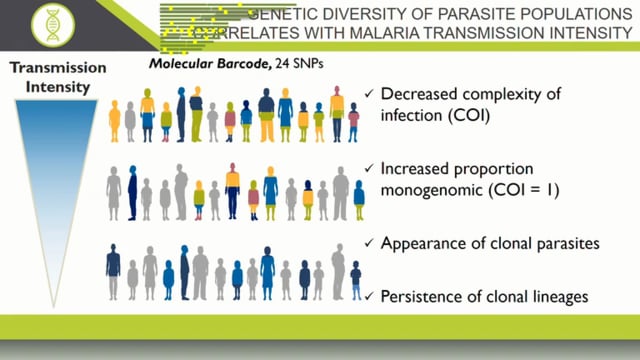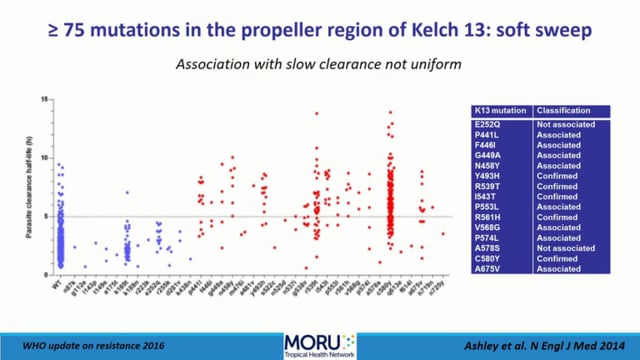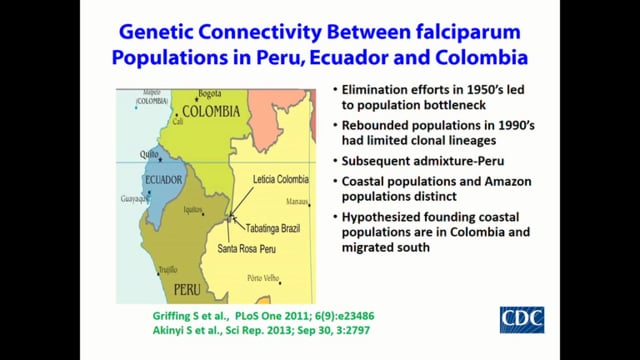Last Updated: 10/02/2025
Integrating molecular surveillance for P. falciparum elimination in Brazil
Objectives
To develop a molecular surveillance tool with genome sequencing to monitor the entry and subsequent spread of drug-resistant Plasmodium falciparum, the malaria-causing parasite, from across the country’s borders.
Elimination of malaria requires close monitoring of the parasite population to track the emergence and spread of new genetic variants, particularly those resistant to the commonly used anti-malarial drugs, which will severely restrict elimination efforts. They will train local teams in five health posts close to selected country borders to collect blood samples from malaria patients, which will be sequenced in an established research laboratory to identify any known resistance mutations. They will also develop an analysis pipeline, tools, and an interactive web platform to translate the sequencing data into a user-friendly interface to assist decision-making by local and national managers.
May 2021 — Dec 2024
$100,000


